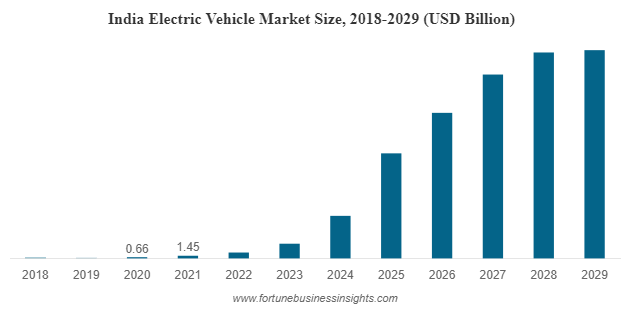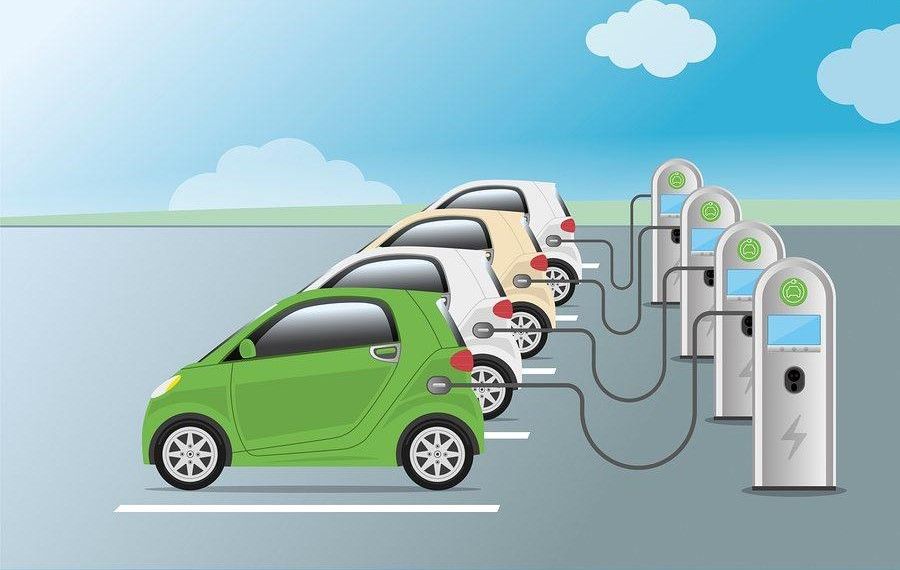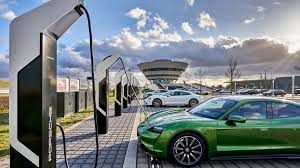The future of mobility is electric, and as we embrace this new era, it is important to stay informed about the latest trends, innovations, and predictions in electric mobility. This article will explore the exciting developments in the world of electric vehicles (EVs) and how they are shaping the future of transportation.

1. The Booming Electric Vehicle Market
The electric vehicle market is experiencing rapid growth, with numerous manufacturers entering the space. This increased competition has resulted in advancements in technology, longer ranges, and reduced costs. As a result, we are witnessing a surge in the number of electric cars on the roads, and this trend is expected to continue.
2. Advancements in Battery Technology
One of the major obstacles to widespread adoption of electric vehicles has been limited range and long charging times. However, advancements in battery technology have addressed these concerns. Today, we are witnessing electric vehicles with ranges of up to 400 miles on a single charge, and charging times are faster than ever before. These improvements in battery technology are making electric vehicles more practical and convenient for everyday use.
3. Evolution of the Electric Vehicle Ecosystem
The electric vehicle ecosystem is evolving rapidly, with new players entering the market and offering innovative solutions. This includes the development of charging infrastructure, battery recycling programs, and smart charging solutions. Companies are investing in building a robust charging network to support the growing number of electric vehicles on the roads. Additionally, battery recycling programs are being established to ensure the responsible disposal and reuse of electric vehicle batteries. These advancements in the ecosystem are creating a sustainable and reliable infrastructure for electric mobility.
4. Expansion Beyond Cars
Electric mobility is not limited to cars alone. We are witnessing a rise in the adoption of electric buses, bikes, and scooters, especially in urban areas. These modes of transportation provide eco-friendly alternatives for short-distance travel and offer convenience and cost-effectiveness. The future of electric mobility includes the dominance of electric vehicles in the automotive market, with experts predicting that they could account for 50% of all new car sales by 2030.
Predictions for the Future
The future of electric mobility looks promising, with significant advancements and changes expected in the coming years. As the focus on reducing carbon emissions and improving air quality intensifies, electric vehicles are becoming an increasingly attractive option for consumers and governments worldwide. With emerging trends, innovations, and predictions, electric mobility is poised to transform the transportation sector and contribute to a more sustainable future.

Conclusion
In conclusion, electric mobility is revolutionizing the way we think about transportation. With a booming electric vehicle market, advancements in battery technology, the evolution of the electric vehicle ecosystem, and the expansion beyond cars, the future of electric mobility holds immense potential. By embracing electric vehicles, we can work towards a cleaner and greener future.
FAQs (Frequently Asked Questions)
1. Are electric vehicles more expensive than conventional vehicles? Electric vehicles tend to have a higher upfront cost compared to conventional vehicles. However, they offer lower operating costs and long-term savings on fuel and maintenance.
2. How long does it take to charge an electric vehicle? Charging times vary depending on the vehicle and the charging station. With fast-charging technology, it is possible to charge an electric vehicle to 80% in approximately 30 minutes.
3. Can electric vehicles be charged at home? Yes, electric vehicles can be charged at home using a dedicated charging station or a regular electrical outlet. However, installing a dedicated charging station is recommended for faster and safer charging.
4. Are there enough charging stations for electric vehicles? Charging infrastructure is continuously expanding to meet the growing demand for electric vehicles. Governments, businesses, and other stakeholders are investing in the development of a comprehensive charging network.
5. Are electric vehicles better for the environment? Electric vehicles produce zero tailpipe emissions, making them cleaner and better for the environment compared to conventional vehicles that rely on fossil fuels.


